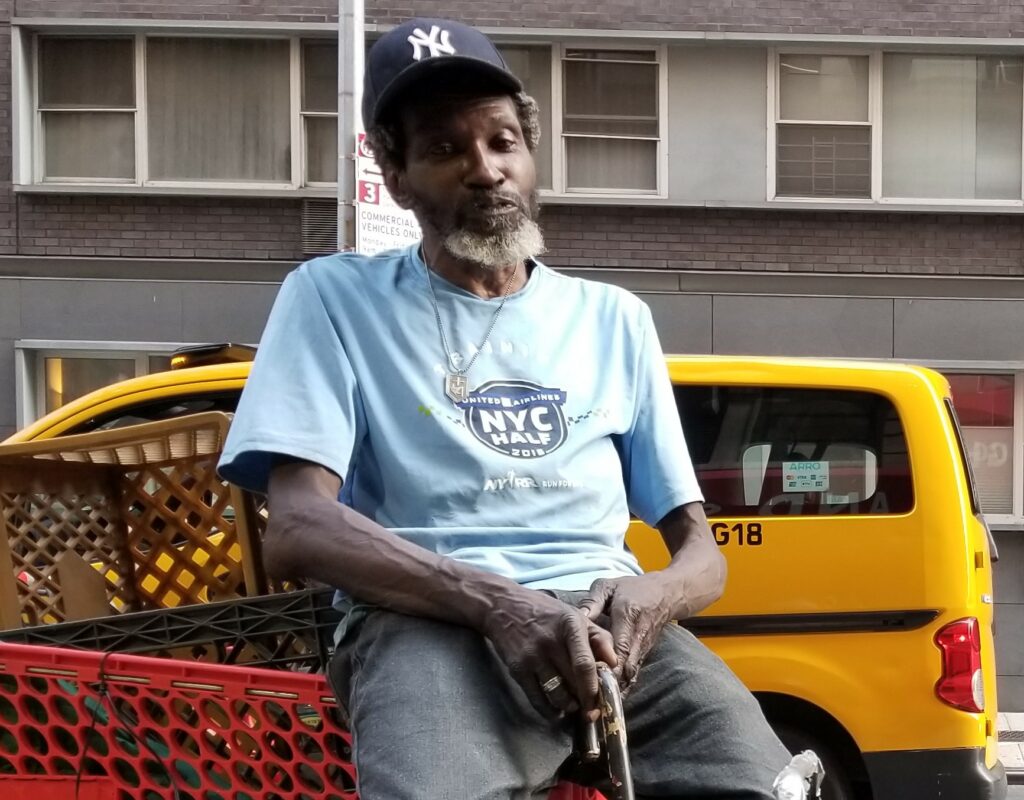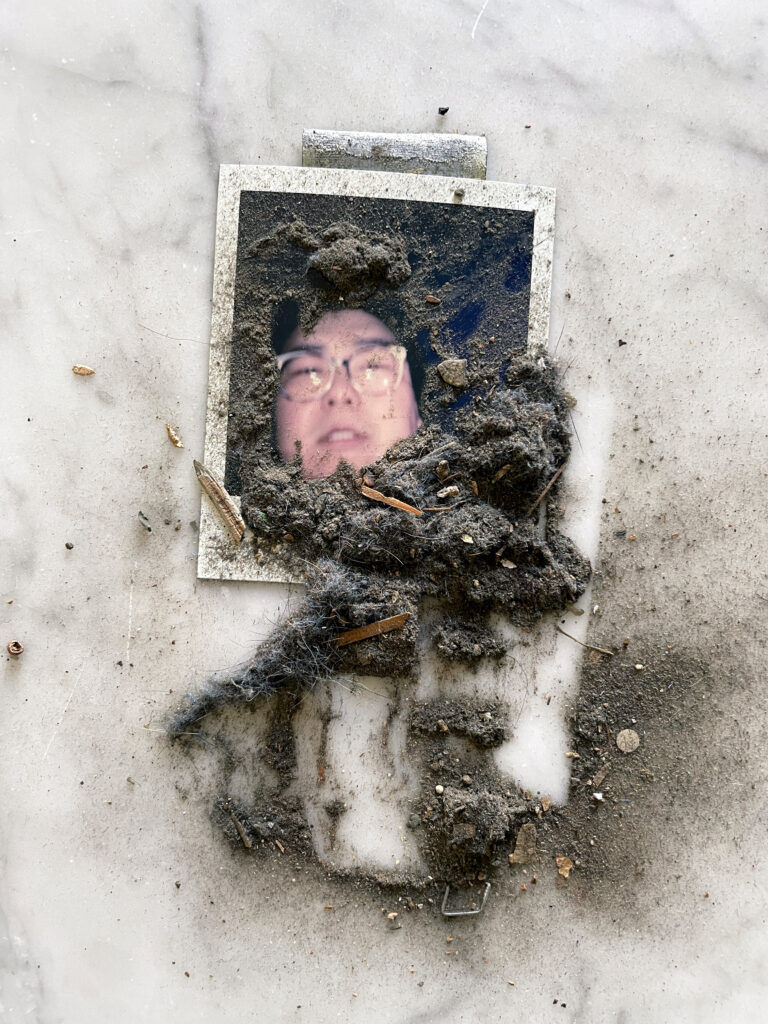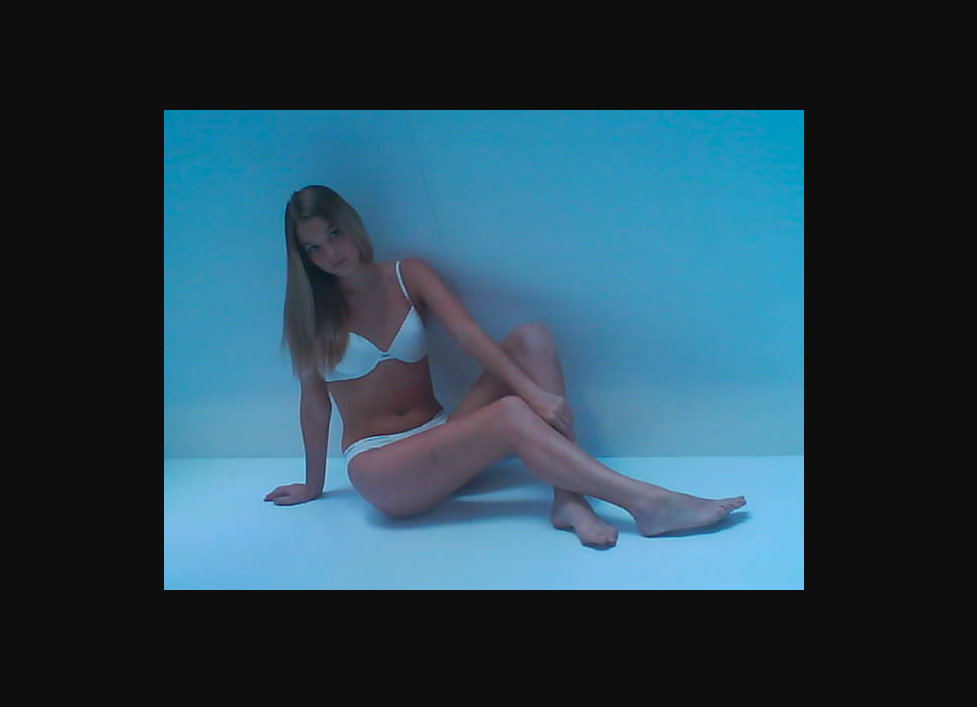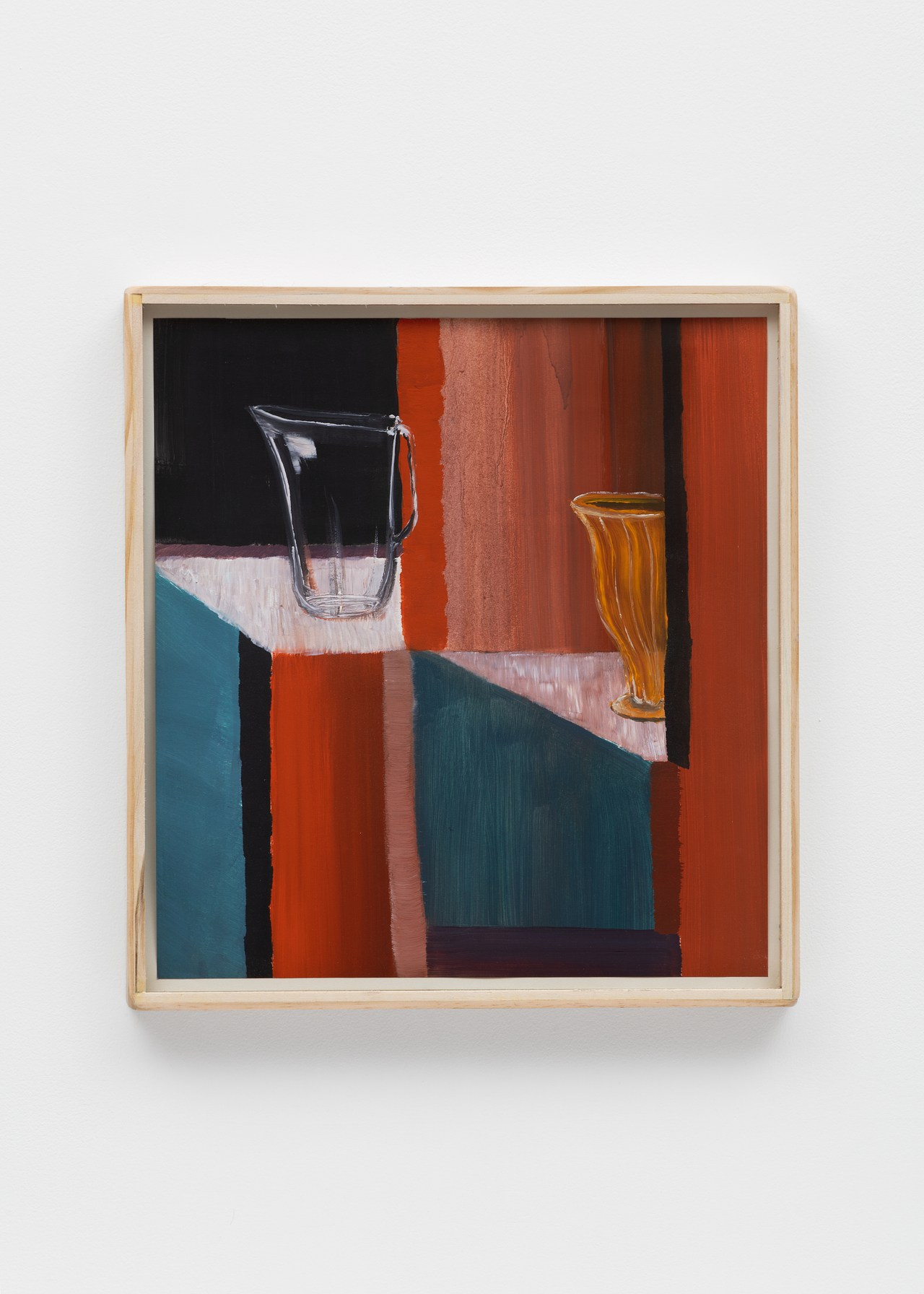Photograph by Christopher Chang.
Where I live is about twenty minutes from anywhere else in Los Angeles. What this actually means is that I live ten minutes from anything when there’s no traffic, and forty-five minutes when there is. In reality, there’s no given instance during the day when I actually live twenty minutes from any geographical point in LA, but it’s an easy way to say I live in the middle of town. The area lacks the socioeconomic and demographic cohesion common to most LA neighborhoods, so it’s not particularly cool or uncool, it’s just twenty minutes from places that are. It’s a neighborhood that’s special in the same way a local laundromat is special—you get people from all walks of life.
The building itself is a small, charming holdover from when old Hollywood was just called Hollywood. I park on the street, and I live in one of fourteen modest units, where I am very happy. I’ve lived in old buildings for most of my adult life, and it is my preference to do so. Of course, there are costs associated with living in an old building. You might have an occasional leak or wonky electrical wiring, but these are small problems that can be solved. As with any formative experience, part of the joy in fixing them is the skill gained, or the longevity of the solution. If you fix a leak and you did it right, it’ll take a second for the leak to come back. Once you’ve dealt with something once, it is not such a tragedy the next time. I think that’s what it is to get older: you get softer with age because you’ve experienced a lot of things once, and you’re equipped to do them again if you have to. Remember that first sip of alcohol, or the first cigarette? You turned your back on your innocence, but you didn’t die, so you did it again. However, when a task requires constant maintenance, there is no finish line, so there is no small victory. You never feel done, and it becomes the bane of your existence. The great scourge of my little life, twenty minutes from everywhere else in Los Angeles, is the dust.
LA is a dusty town, and in the century that my building has been around, it has only gathered more of it. The once airtight caulk around the windows has loosened its grip, and the drywall has eroded into Swiss cheese. It doesn’t help that I’m two blocks from an especially busy intersection, and it definitely doesn’t help that I have filled my home with secondhand objects that bring with them their own histories of dust. I clean constantly, with nightly touch-ups and a deep clean that eats up half of an honest weekend. I sweep, Swiffer (dry and wet), and vacuum, but really I am just displacing the dust. As I clean, I kick up more dust, and, betrayed by my own body, I make even more new dust by shedding dead skin cells throughout the process. There is no end in sight, because there is no end to the dust.
I encourage the dust even further by leaving my windows wide open during the day. This is an attempt to cycle out the stale air for fresh air, but who am I kidding? LA is famous for having some of the worst air in the world. But to me it smells good. It smells like everything it has ever touched. It smells like the elements and it smells like argan oil. Sometimes it smells like jasmine, sometimes like wildfires, and, if you try hard enough, it smells like nickels, and the dream of a sweaty handshake from some producer that made moving across the country all worth it, because that handshake is going to change your life. I have knowingly created ideal conditions in which dust thrives, but what’s the point of California if you’re not going to blur the line between indoor and out?
Still, in vain, I clean, because I’m supposed to. I clean because it makes me feel necessary in my own home, and because I come from a long line of people who clean. Even as I clean, on some level I accept defeat. I may be stupid, but I am not dumb. I know I cannot control the dust; it is bigger than me. It was here before me, and it will be here long after I am gone. I am but a guest in a world covered in dust. It’s everywhere—not just in my apartment or at that intersection, or in California but everywhere. Between all the space where there is oxygen, look a little harder—there’s dust. You can’t see it until you do, and what you call it might depend on how long your hair is: dead space, vibes, the ether. Between enemies, it might be called animus; between two lovers, it might be the Fourth of July. But it really isn’t any of that. That which separates your face from mine is just dust. In death, I will become dust, when in reticence I’ll accept that I can’t beat ‘em, so I join ‘em. You, me, and everyone else—we’re all dust that just hasn’t formed yet, but until I am dust, I will continue to move it from one place to the next.










